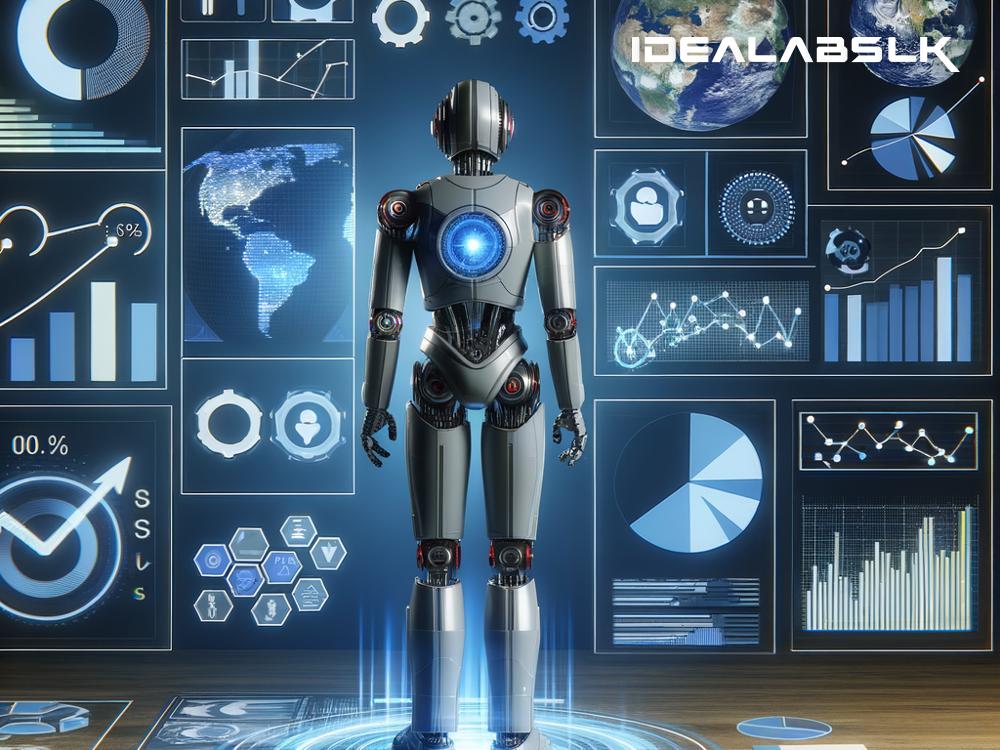The Role of AI in Predictive Marketing: Simplified
In the ever-evolving world of marketing, staying ahead of the curve is key to capturing the attention and interest of consumers. Enter Artificial Intelligence (AI), the game-changing force that's not just transforming how marketers approach their campaigns but also providing a crystal ball of sorts into the future of consumer behavior. Let's dive deep yet keep it simple, as we explore the role of AI in predictive marketing.
What is Predictive Marketing?
Before we unravel the role of AI, let's understand what predictive marketing is. Imagine having the ability to predict your friend's needs before they even express them, making you a superhero friend in their eyes. Predictive marketing works on a similar principle. It's about using data analytics to forecast future consumer actions, needs, or trends, thereby allowing businesses to be always a step ahead.
The AI Magic in Predictive Marketing
-
Understanding Consumer Behavior Like Never Before: AI is like a super-smart observer that never sleeps. It collects heaps of data from various sources like social media, website interactions, and customer purchases to understand what consumers are loving, hating, or looking forward to. This deep understanding helps businesses tailor their marketing strategies precisely to what the consumers desire.
-
Forecasting Trends with Data: AI dives into past and current data to detect patterns and predict future trends. It's like predicting that a sequel to a hit movie is likely to succeed based on the first one's success and ongoing trends. For marketers, this means being able to foresee which products or services might take off and preparing their strategies accordingly.
-
Personalization at its Best: Ever noticed how some ads seem to speak directly to you? That's AI working its magic through predictive marketing. By analyzing your past behaviors and preferences, AI helps marketers craft personalized messages and offers that you're more likely to respond to. It's about creating a unique shopping experience for every customer.
-
Smarter Decision Making: With AI, the guesswork in marketing decisions is greatly reduced. Businesses can rely on data-driven insights to decide where to invest their marketing budget or which consumer segment to target next. It's like using a highly sophisticated compass that guides you in the right direction every time.
-
Enhancing Customer Loyalty: By predicting what customers might need or want next, companies can proactively provide solutions, often even before the customer realizes they need it. This proactive approach, enabled by AI, fosters a sense of being understood and valued, which in turn, cultivates customer loyalty.
The Human Touch in AI-Driven Predictive Marketing
While AI in predictive marketing sounds like it’s all about machines and algorithms, the human element remains crucial. The insights and predictions generated by AI are as good as the data fed into it and the human interpretation of these insights. Human creativity and emotional intelligence still play key roles in designing campaigns and messages that resonate on a deeper level with consumers.
Ethical Considerations
As AI delves deeper into personal data to make predictions, ethical considerations around privacy and consent become paramount. It’s essential for businesses to use AI in a way that respects consumer privacy and adheres to data protection laws. Transparency about data use and giving consumers control over their information are steps in the right direction.
Looking into the Future
The future of marketing lies in anticipating needs rather than just responding to them, and AI in predictive marketing is the key to unlocking this future. As AI technology evolves, so too will its ability to provide even more accurate predictions and personalized experiences, setting the stage for a marketing revolution where the focus shifts from mass marketing to individual consumer engagement at scale.
Wrapping Up
The role of AI in predictive marketing is akin to having a crystal ball, yet it's grounded in hard data and sophisticated analysis. It's transforming the marketing landscape by enabling a level of personalization and foresight that was previously unimaginable. However, alongside this technological marvel, the human touch and ethical considerations remain at the heart of its successful application. As we move forward, the synergy between AI and human intuition will redefine the ways in which businesses connect with and serve their customers, making the future of marketing not just smarter, but more humane.

